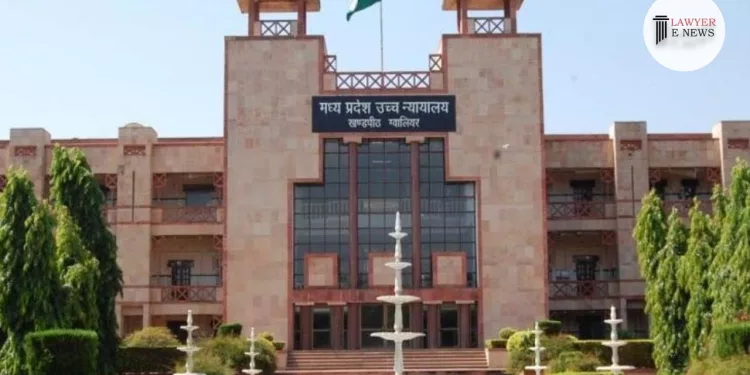Orders Post-1999 Urban Ceiling Repeal Rendered Ex-Facie Illegal; Respondents’ Rights Over Land Upheld: High Court Dismisses State’s Appeal

The High Court of Madhya Pradesh at Jabalpur, led by Hon’ble Shri Justice Amar Nath (Kesharwani), dismissed the appeal filed by the State of Madhya Pradesh in a significant land ownership case in Bhopal. The Court upheld the trial court’s decision favoring the respondents, asserting their ownership and possession rights over the land, which was previously declared surplus under the Urban Land Ceiling Act, 1976.
Legal Point of the Judgment:
The judgment primarily addressed the legitimacy of the state’s actions regarding the land following the repeal of the Urban Land Ceiling Act, 1976, and established the rights of the respondents over the disputed land.
Facts and Issues:
The dispute emerged after the state challenged the trial court’s judgment, which favored the respondents, Chetan Godani and another, claiming their ownership and possession of the land initially marked as surplus. The respondents maintained their continuous possession and ownership, contesting the state’s claims following the 1999 repeal of the Act.
Court’s Assessment:
Invalidity of State Actions Post-Repeal: The Court determined that the state’s actions to claim the land after the repeal of the Urban Land Ceiling Act were legally baseless, confirming the trial court’s decision on the respondents’ ownership and possession.
Revocation of Government Orders: The Court declared the state’s post-repeal orders concerning the land as null and void, reiterating the respondents’ rightful claim over the disputed property.
Examination of Ownership and Possession: In its detailed assessment, the Court scrutinized the chain of ownership, mutation records, and the legitimacy of state actions, concluding that the state never formally acquired possession, and the respondents had legal titles following the 1999 repeal.
References to Apex Court Judgments: The High Court cited several Supreme Court cases, such as ‘State of U.P. Vs. Hari Ram (2013) 4 SCC 280’ and ‘State of U.P. and Another Vs. Ehsan and Another, 2023 SCC Online 1331′, which played a crucial role in its deliberation over the respondents’ legal standing and the inapplicability of the repealed Act.
Decision: The appeal by the State of Madhya Pradesh was dismissed by the High Court, reaffirming the trial court’s decree in favor of the respondents. The judgment established that the respondents rightfully own and possess the disputed land, and the state’s actions post the 1999 repeal were deemed ineffective.
Date of Decision: 01/04/2024.
State of Madhya Pradesh and Others Vs. Chetan Godani






